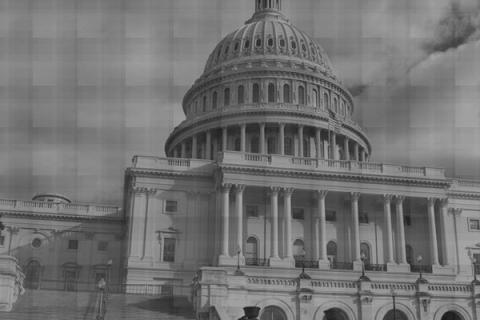Whilemost of California and the nation was transfixed this week on whetherthe $789 billion federal stimulus package was going to be approved inWashington, another drama -- no less important to Californians -- wasplaying out in Sacramento.
On Wednesday, despite steepodds, Gov. Arnold Schwarzenegger and state Assembly and Senate leadersannounced that a fragile $40 billion accord to close the state'sdeficit through June 2010 had been reached. For this plan tosucceed, Republicans are going to have to agree to vote for tax hikesand Democrats are going to have to agree to vote for deep spendingcuts. Moreover, both sides are going to have to agree to let the votershave the final say whether to establish state spending limits duringany flush future boom years. Back in Washington, House andSenate negotiators announced they had reached an agreement on PresidentObama's $789 federal economic stimulus bill. The president is expectedto sign the legislation on Monday.
Just like the statebudget agreement, the federal stimulus bill is not a well-like piece oflegislation. Republicans say it doesn't do near enough to cut taxes andcreate job growth. Democrats argue it doesn't spend enough oninfrastructure and vital health and welfare programs.
One part of the package that teetered precariously near the edge of the negotiating table this week was a $70 billionfiscal "patch" for the dreaded Alternative Minimum Tax. The $70 billionwill staunch any loss to the federal treasury while exempting nearly 23million taxpaying middle class families from being on the AMT hook.
Apart of the Tax Reform Act of 1969, the AMT was originally targeted at-- believe it or not -- just 155 high-income households. These richfamilies, using a variety of deductions, credits and loopholes, werepaying little to no federal income tax. This naturally didn't sit wellwith Congress so the AMT was created to make sure they paid their fairshare. Butbecause Congress never assigned it an annual cost of living increasenor any device to adjust for inflation more and more middle classAmericans were being subject to the AMT as their incomes grew over theyears. At the end of the day, however, the confereessaw the wisdom of keeping the so-called AMT "patch" in the stimulusbill -- a decision that in and of itself stimulated a great sigh ofrelief across middle class America.
Meanwhile, the drama in Sacramento isn't quite over. In fact, the curtain on the third act is just rising.
TheAssembly is scheduled to convene this Saturday to vote on the embattledspending plan. The Senate had not yet scheduled a vote as of lateThursday. The basic structure of thebudget accord calls for lawmakers to approve $14.3 billion in new taxhikes (mostly through increases in the state sales tax and vehiclelicense fees), $15.8 billion in spending cuts and, finally, $10.9billion in borrowing. It's not a pretty plan by any one's imagination. Butwith the state's credit rating all but down the tubes, furloughs andmassive layoffs in the offing and taxpayers likely to get IOU's insteadof their refunds, something -- anything -- has to happen to end thisfinancial nightmare. In all ofCalifornia's great history we've never been closer to going over thefiscal falls than we are at this very moment.
Even if the state were somehow able to survive the fall, it would only live to drown in a deeppool of insolvency at the bottom. Let'shope that, finally, partisan ideology will be checked at the door inthe coming days and that our state lawmakers will approve this budgetplan so that the nation's greatest and most populous state can beginthe process of fiscal recovery.
Jeff Mitchell is a Bay Area journalist and political junkie. He can be reached at j.edward.mitchell@gmail.com
